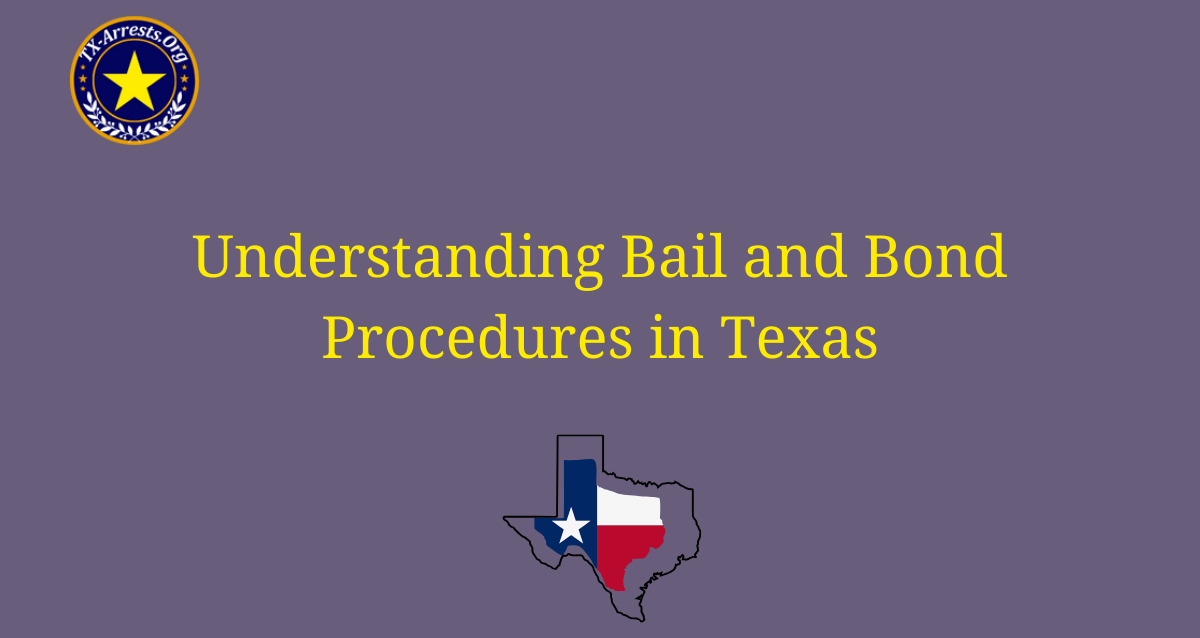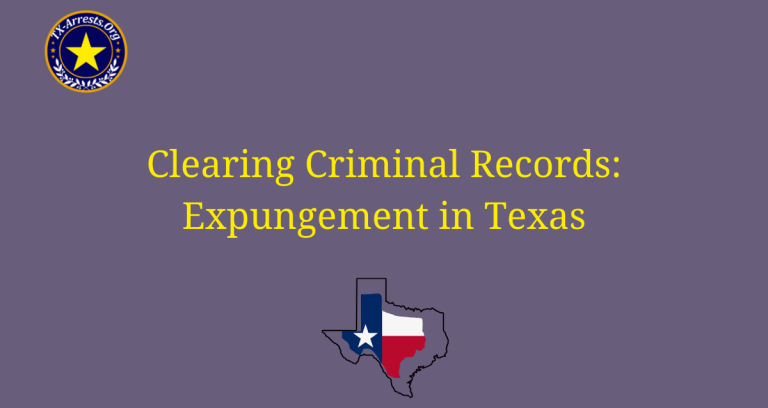Understanding Bail and Bond Procedures in Texas

Understanding the Bail Process in Texas
When someone is arrested and charged with a crime in Texas, one of the first things that comes to mind is how to secure their release from jail. This is where the concept of bail and bond comes into play. Bail is the amount of money that the court requires as a guarantee that the defendant will appear for their scheduled court dates. Bond, on the other hand, is a financial arrangement that is made by a bail bondsman on behalf of the defendant to secure their release from jail.
The Purpose of Bail
Bail serves as a way to ensure that the defendant shows up for their court appearances. By setting a monetary value for bail, the court creates a financial incentive for the defendant to appear. If the defendant fails to appear, they risk losing the money they posted for bail, and a warrant may be issued for their arrest.
Factors Considered in Setting Bail Amount
The court takes several factors into consideration when determining the bail amount. These factors include the severity of the crime, the defendant’s criminal history, their ties to the community, and the risk of flight. The more serious the crime and the higher the flight risk, the higher the bail amount is likely to be.
Types of Bail
There are different types of bail that can be set by the court. Cash bail requires the defendant or their representative to pay the full bail amount in cash. Surety bonds involve a bail bondsman who pays the bail amount on behalf of the defendant in exchange for a fee. Personal recognizance allows the defendant to be released without posting bail but requires them to sign a written agreement to appear in court.
The Role of Bail Bondsmen
Bail bondsmen play a crucial role in the bail process. They are licensed professionals who provide the financial guarantee, or bond, to secure the defendant’s release. In exchange for their services, the defendant or their representative pays a fee, typically a percentage of the total bail amount. If the defendant fails to appear in court, the bail bondsman may employ a bounty hunter to locate and apprehend the defendant.
Conditions of Release
When a defendant is released on bail, they must adhere to certain conditions set by the court. These conditions may include regular check-ins with a probation officer, restrictions on travel, mandatory drug testing, or electronic monitoring. Failure to comply with these conditions can result in the revocation of bail and the defendant being returned to custody.
Bail Forfeiture and Refunds
If the defendant appears for all court dates and complies with the conditions of release, the bail amount is typically refunded at the conclusion of the case. However, if the defendant fails to appear or violates the conditions, the court may forfeit the bail and keep the money. In some cases, the court may allow the defendant or their representative to provide a valid reason for the failure to appear, potentially leading to a partial or full refund of the bail amount.
Seeking Legal Counsel
Navigating the bail process can be complex, and it is crucial for defendants to seek legal counsel to ensure their rights are protected. An experienced criminal defense attorney can guide them through the process, help negotiate bail amounts, and provide representation in court.
FAQs
What is bail?
Bail is a process by which a person accused of a crime can be released from custody while awaiting trial. It involves the payment of a certain amount of money or the posting of a bond as a guarantee that the accused will appear in court.
How does bail work in Texas?
In Texas, when someone is arrested, a judge will set a bail amount based on various factors such as the severity of the crime, the defendant’s criminal history, and the risk of flight. The accused can then pay the bail amount or hire a bail bondsman to post a bond on their behalf.
What is a bond?
A bond is a financial guarantee that ensures the accused will appear in court as required. It is usually obtained through a bail bondsman, who charges a fee (typically a percentage of the total bail amount) in exchange for providing the bond.
How much does bail cost in Texas?
The cost of bail in Texas can vary depending on the nature of the crime and the defendant’s criminal history. Bail amounts can range from a few hundred dollars to thousands of dollars or more.
What happens if you can’t afford bail?
If you cannot afford to pay bail, you may be able to seek assistance from a bail bondsman who can post a bond on your behalf. Alternatively, you may be eligible for a personal recognizance bond, which allows you to be released without having to pay bail.
What are the consequences of not appearing in court after posting bail?
If you fail to appear in court after posting bail, a warrant may be issued for your arrest, and the money or property used as collateral for the bond may be forfeited. Additionally, you may face additional criminal charges for bail jumping.






